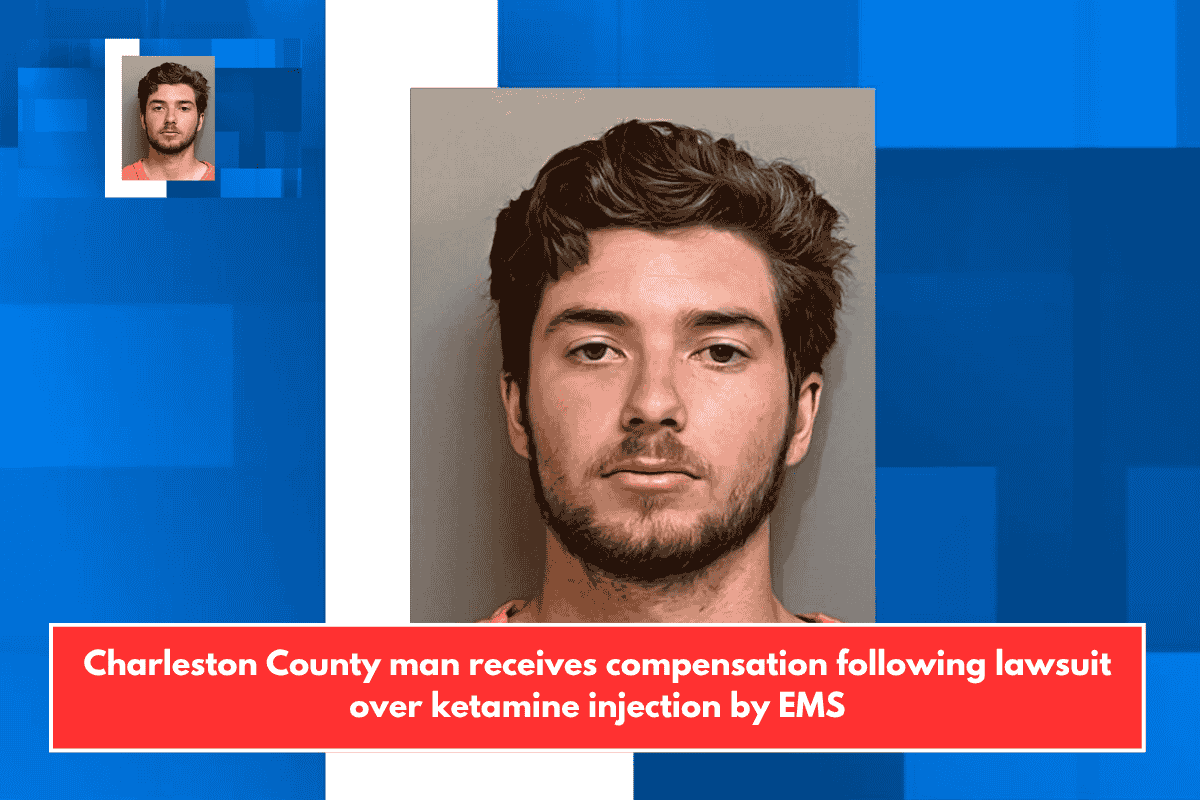A Charleston County man has received a $45,000 payout from South Carolina’s insurance reserve fund after claiming EMS workers gave him ketamine during a medical emergency, leading to serious health problems.
What Happened on Folly Beach
In 2021, Randy Botten was celebrating his upcoming wedding on Folly Beach when he slipped and hit his head. He was taken to the hospital by Emergency Medical Services (EMS). During the ride, Botten became combative, and paramedics pulled over to give him a strong sedative—ketamine.
Concerns About Ketamine and Alcohol
Court documents say Botten was given 300 milligrams of ketamine, followed by another 200 milligrams just 15 minutes later. This happened even though EMS staff were reportedly told he had been drinking.
Medical experts have long warned that ketamine can be dangerous when mixed with alcohol. Botten’s lawsuit claims this combination caused him to suffer acute respiratory failure.
Similar Case Ended in $1 Million Settlement
Botten’s lawsuit also brought up a 2019 case where a man from Mount Pleasant died after EMS gave him ketamine. That case ended with a $1 million settlement. Botten’s legal team argued that, even after that tragedy, Charleston County EMS failed to update its ketamine use policies.
Lawsuit Settled, but No Policy Updates Yet
Randy Botten’s case was recently settled for $45,000, paid out by the state’s insurance reserve fund. Charleston County EMS has not released any public comment on the case and has not said whether they plan to review or change their policies.
Why This Matters
This case raises questions about how emergency responders use powerful sedatives like ketamine—especially when alcohol is involved. While Botten survived, his health was seriously affected. As similar incidents gain attention, many are asking whether EMS guidelines should be updated to prevent future harm.














